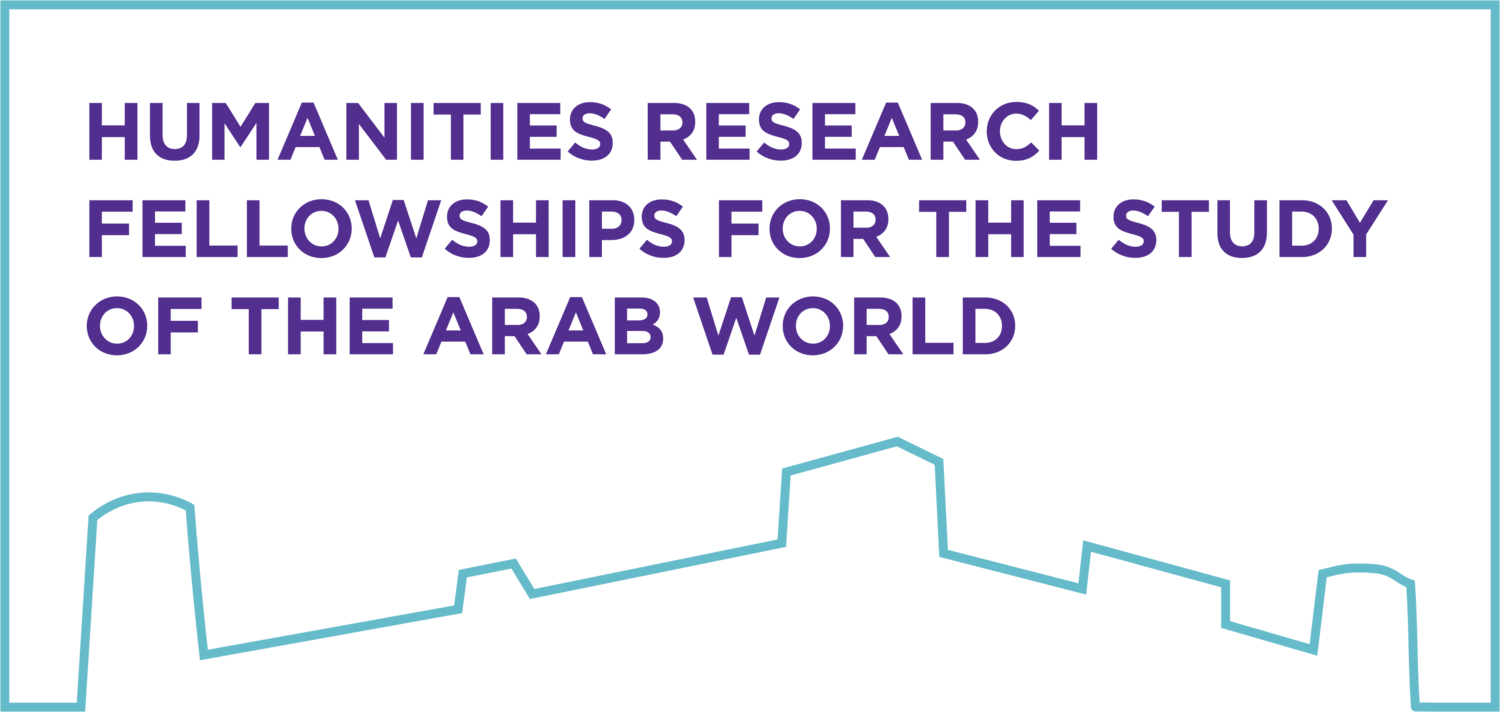This talk profiles a shift in the practice of the artist Shakir Hassan Al Said (1925-2004), from a form of lyrical abstraction that centered on the use of the Arabic letter, and was based on metaphysical concepts drawn from the mystical tradition of Islam, to a form of painting that took as its referent the environment (al-muḥīṭ) by using color in ways that reproduced various states of matter and employing semiotic devices that historically had structured the interface between what anthropologists called "nature" and “culture.” Pivotal to this re-orientation in his practice was an encounter with a set of Neolithic bowls excavated by Ernst Herzfeld in Samarra in 1911, whose designs launched Al Saʿid on an intellectual project to rethink ornament (zakhrafa) as not simply surface-patterning but as an inherited symbolic form that mediates the original human relationship to the environment.
Speaker
Saleem Al Bahloly, Humanities Research Fellow, NYUAD
Moderated by
Duygu Demir, Curator, NYUAD Art Gallery; Research Assistant Professor of Art History, NYUAD
In Person (NYUAD Campus)
The seminar is open to the NYUAD community and by invitation. Register below.
